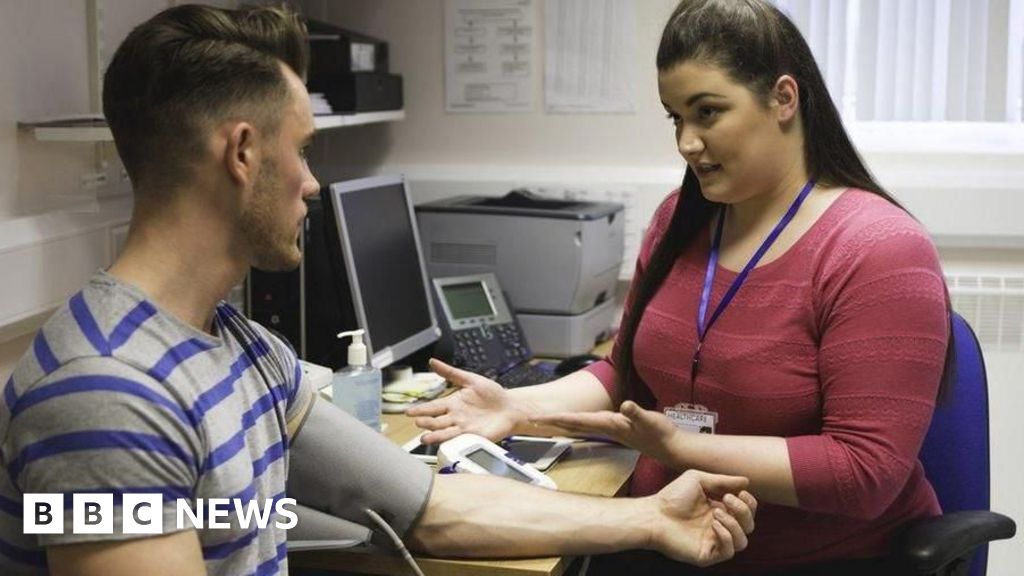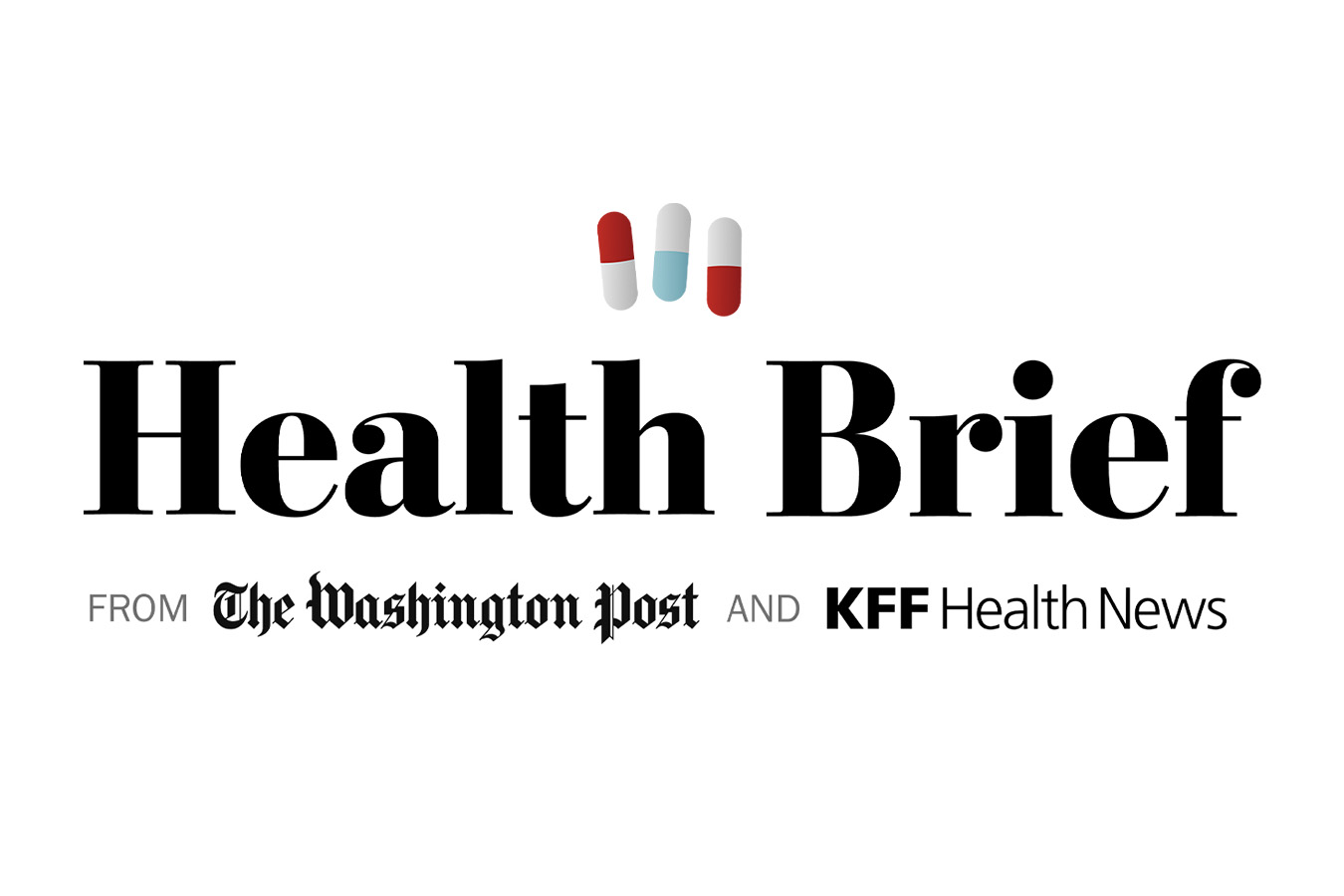 Getty Images
Getty ImagesThe government has ordered a review of physician associates (PA) and anaesthesia associates (AA) in England after mounting concern about their use in the NHS.
The number of PAs and AAs, who help doctors, are in the process of being rapidly expanded.
But the British Medical Association has voiced concerns they are being asked to do tasks they are not meant to and the lines with doctors are getting blurred.
Announcing the review, Health Secretary Wes Streeting said there were legitimate concerns that needed looking at but he also criticised the “toxic nature of the debate”, saying it had left PAs feeling demoralised.
The review will look at how they are being deployed and what safeguards are needed going forward.
Streeting said: “Many physician associates are providing great care and freeing up doctors to do the things only doctors can do.
“But there are legitimate concerns over transparency for patients, scope of practice, and the substituting of doctors.
“These concerns have been ignored for too long, leading to a toxic debate where physicians feel ignored and PAs feel demoralised.”
He said he hoped the review would “take the heat out of the issue” and make sure “we get the right people, in the right place, doing the right thing”.
The review will be led by Prof Gillian Leng, a former chief executive of the NHS drugs advisory body, the National Institute for Health and Care Excellence.
It will report back early next year to inform the government’s new 10-year plan for the NHS.
Confusion around role
The current NHS workforce plan sees PAs and AAs as a crucial part of the staffing mix in the health service.
The numbers have been gradually increasing in recent years, but the plan, published last year, called for a rapid expansion from just over 3,000 to 12,000 by 2036.
PAs can work in GP surgeries and hospitals. They are not authorised to prescribe, but they can order some scans, take medical histories and conduct physical examinations.
AAs, which support surgery teams, are a much smaller group – there are only about 100 in the NHS.
Both PAs and AAs have to complete a two-year master’s degree. They usually need a bioscience-related first degree, but that is not a prerequisite.
British Medical Association leader Dr Phil Banfield called for the rollout of new PAs to be paused while the review takes place.
And he added: “The NHS must tell us how they are going to keep patients safe while this review is carried out.
“You do not fly a plane under safety review, you ground it.”
Last week the BBC reported on the death of 77-year-old Susan Pollitt who died in 2023 at Royal Oldham Hospital after a drain was mistakenly left in her abdomen for too long.
The inquest into her death concluded it had been caused by an “unnecessary medical procedure contributed to by neglect”. She received treatment from a PA alongside other staff.
Following Mrs Pollitt’s inquest, North Manchester coroner Joanne Kearsley warned about the use of PAs.
She said there was a lack of regulation and national framework covering training, supervision and competency, and limited understanding and awareness about the role among both patients and other NHS staff.
She also said the lack of a distinct uniform and the title “physician” was giving rise to confusion as to whether the practitioner is a doctor.
‘Destructive debate’
The issue of regulation should be addressed next month when the General Medical Council starts regulating PAs and AAs.
In September, the Academy of Medical Royal Colleges, which has been broadly supportive of the expansion of the role, accepted a review was needed given the concerns being expressed.
But the academy was critical of the “increasingly acrimonious and destructive debate” which it said had been fuelled by unsubstantiated comments on social media and was damaging teamwork across the health service.
Stephen Nash, head of United Medical Associate Professionals, which represents PAs, said the review would be a chance to “shine a real light” on what is going on and provided much needed evidence in a “very one-sided debate”.
Louise Ansari, head of patient watchdog Healthwatch England, said she welcomed the review too.
She said patients had reported “very positive” interactions with PAs, but she had particular concerns about the fact patients were not always told or made aware they were being seen by a PA.






